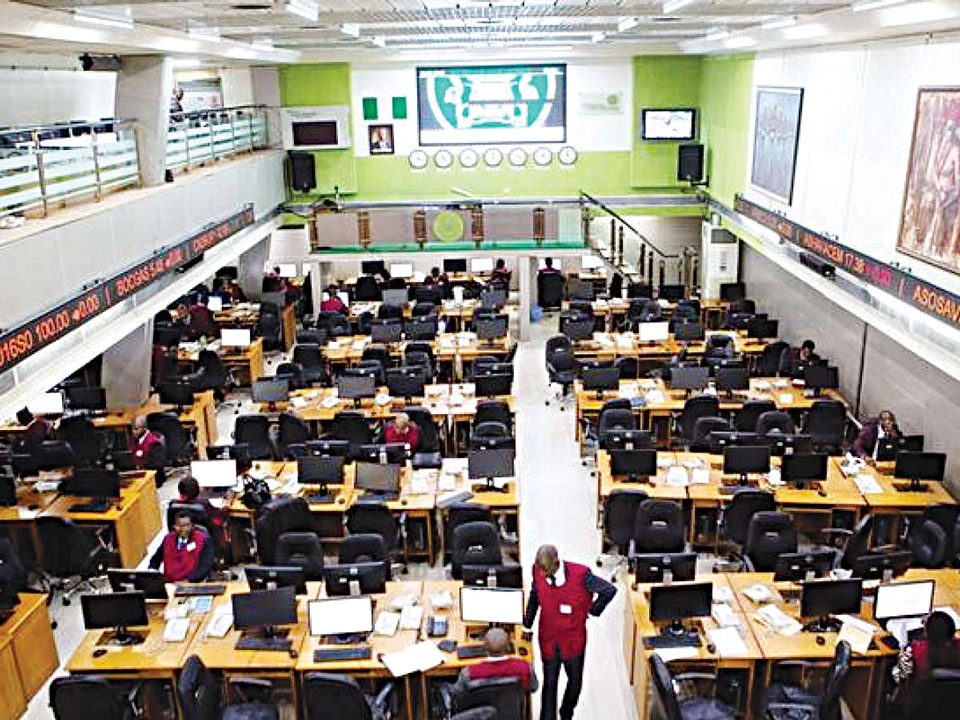World Update: Chinese stocks tumble as trading resumes under a cloud

Africa Update: Sub-Saharan Africa is not growing as fast as expected, here’s why
October 5, 2018
Nigeria Update: Uncertainty and Nigeria’s foreign reserves
October 8, 2018Chinese stocks tumbled Monday as investors returned to a pile-up of negative news that accumulated over a week-long holiday, from disappointing economic data to worsening tensions with the United States.
The benchmark Shanghai Composite Index slid 3.72 percent, or 104.84 points, to 2,716.51.
The Shenzhen Composite Index, which tracks stocks on China’s second exchange, fell 3.83 percent, or 55.26 points, to 1,386.28.
Hong Kong’s Hang Seng Index ended down 1.39 percent, or 370.00 points, at 26,202.57.
Chinese markets were already the world’s worst performing this year, driven down largely by government attempts to rein in credit, and the worsening trade fight with Washington.
But more bad news emerged while Chinese financial markets slumbered last week.
Telecoms equipment maker ZTE led tech shares downward on Monday, falling 8.14 percent to 16.81 yuan after a Bloomberg News report last week said China had inserted special microchips into computer goods exported to the US to steal technology secrets.
The report, which raised the spectre of further US retaliation against China, had already caused Chinese IT shares in Hong Kong to tumble on Friday.
Other Chinese tech stocks also suffered on Monday, with AI-focused infotech company iFlytek dropping 5.36 percent to 27.04 yuan.
But shares also fell in a host of other sectors after two Chinese gauges of manufacturing activity weakened in September and the US-China frictions worsened.
US Vice President Mike Pence last week accused China of aggressive trade and other policies and said Beijing was bent on interfering in upcoming US elections.
US and Chinese naval ships had a close encounter at sea, and speculation that the US could further hike interest rates rattled emerging markets.
“Export-oriented technology companies have seen the most obvious impact. As the possibility increases that trade frictions could escalate into political and military confrontation, global investors are more likely to avoid the risks (of Chinese shares),” Guangzhou-based Wanlong Securities Consultation Co said in a research note.
Shanghai-listed carmaker SAIC Motor plummeted 9.83 percent to 30.01 yuan while BYD Automobile lost 5.19 percent to 46.55 yuan.
Consumer goods giant Kweichow Moutai, the world’s largest distiller, shed 6.01 percent to 686.15 yuan.
Ping An Insurance shed 5.43 percent to 64.70 yuan and China Pacific Insurance dropped 4.00 percent to 34.09 yuan.
Chinese authorities had anticipated a sell-off when on Sunday the central Bank announced it was cutting the amount of cash that lenders must keep in reserve.
The reserve requirement ratio for most banks would be lowered by one percentage point, effective on October 15.
It was the fourth time this year that China has sought to free up credit for businesses — reversing the earlier drive to reduce debt — to help them weather the US tariffs imposed on billions of dollars worth of Chinese goods.

